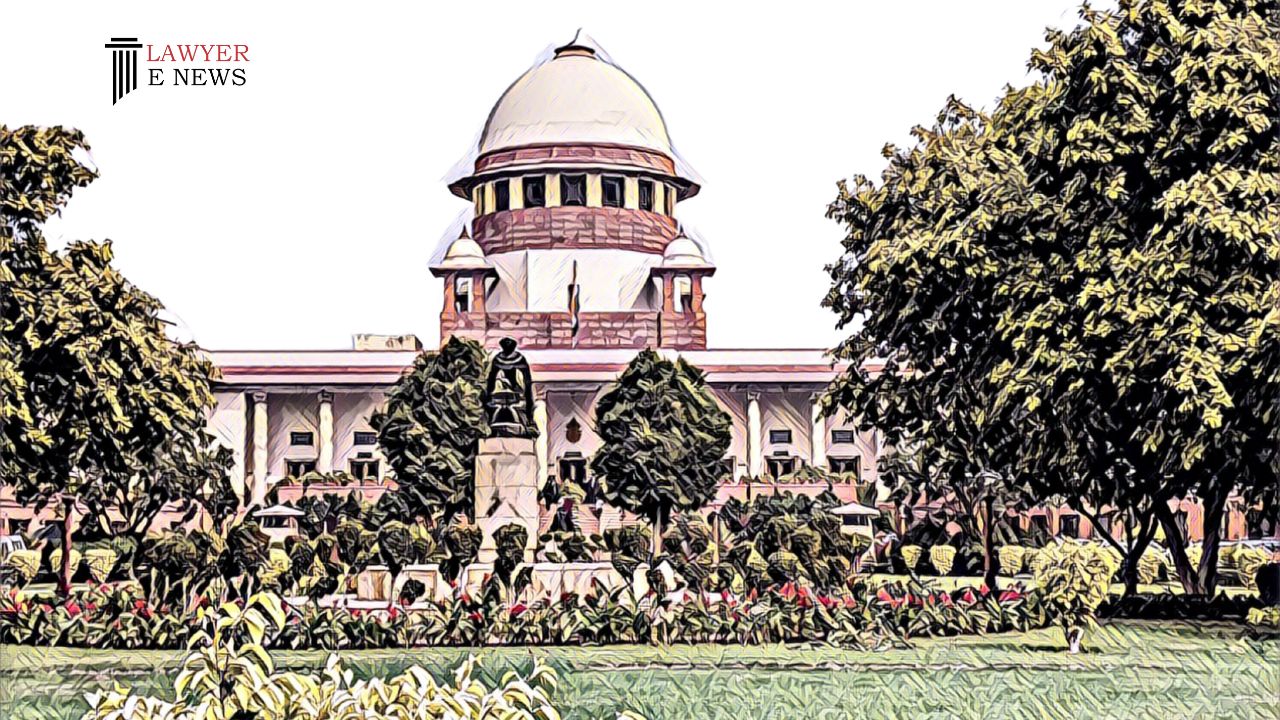-
by sayum
14 February 2026 2:22 PM



In a significant ruling, the Supreme Court of India clarified the interpretation of Order XXI Rules 97 to 101 of the Code of Civil Procedure, 1908 (CPC) in relation to the execution of decrees for possession of immoveable property. The judgement, delivered by Justice Prashant Kumar Mishra, highlights the authority of the Executing Court to adjudicate claims made by persons obstructing or resisting execution, even if they are strangers to the original decree. The decision reinforces the principle that the Executing Court has the jurisdiction to determine such claims, emphasizing that they cannot be summarily dismissed.
The case, arising from a dispute between Smt. Ved Kumari (represented through her legal representative, Dr. Vijay Agarwal) and the Municipal Corporation of Delhi, revolved around the execution of a decree for possession of immoveable property. The Corporation claimed that the property had been encroached upon by third parties, rendering the execution of the decree impossible. The Executing Court had dismissed the execution petition based on this premise, a decision upheld by the High Court.
Justice Mishra's judgement highlighted key precedents, including "Brahmdeo Chaudhary vs. Rishikesh Prasad Jaiswal & Anr." (1997) 3 SCC 694, "Shreenath & Anr. Vs. Rajesh & Ors." (1998) 4 SCC 543, and "Sameer Singh & Anr. Vs. Abdul Rab & Ors." (2015) 1 SCC 379, that established the authority of the Executing Court to resolve claims arising during execution proceedings. The Court noted that Order XXI Rules 97 to 101 of the CPC provide a comprehensive framework for addressing such claims, whether they involve parties to the original suit or strangers to the decree.
Justice Mishra's judgement emphasized that the Executing Court's duty is to issue warrants for physical possession and resolve any claims of obstruction in accordance with the provisions of the CPC. The ruling reinforces the principle that decree-holders should not be denied the fruits of litigation due to encroachments orchestrated to circumvent execution.
This landmark decision is expected to have far-reaching implications for the execution of decrees involving immoveable property, ensuring that rightful decree-holders can attain possession in line with established legal procedures. The clarity provided by the Supreme Court will serve to protect the integrity of execution proceedings and prevent potential misuse of encroachments to thwart rightful execution.
Date of Decision: August 24, 2023
VIJAY AGARWAL vs MUNICIPAL CORPORATION OF DELHI THROUGH ITS COMMISSIONER
